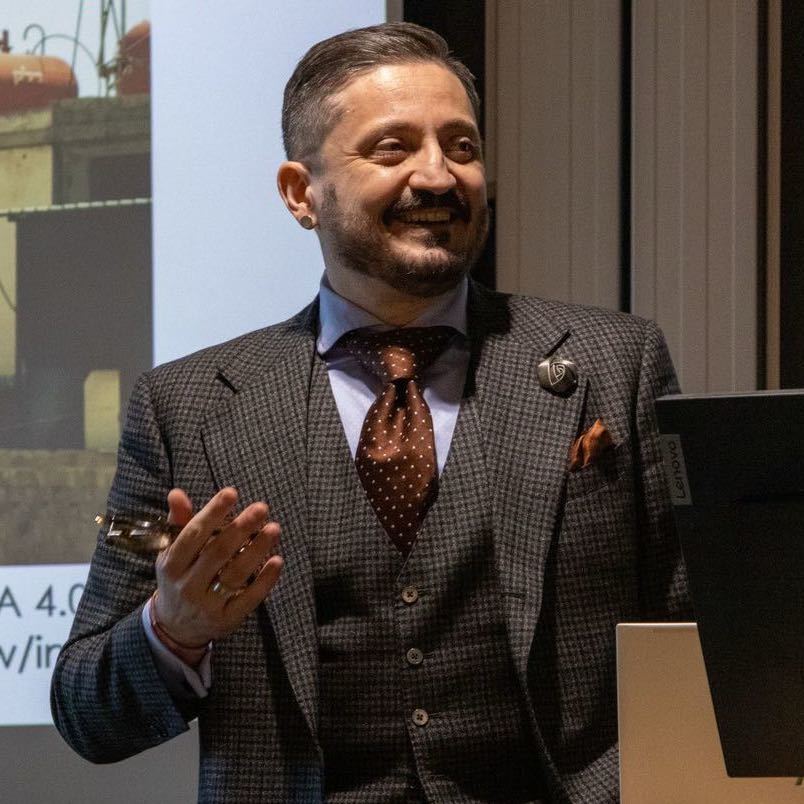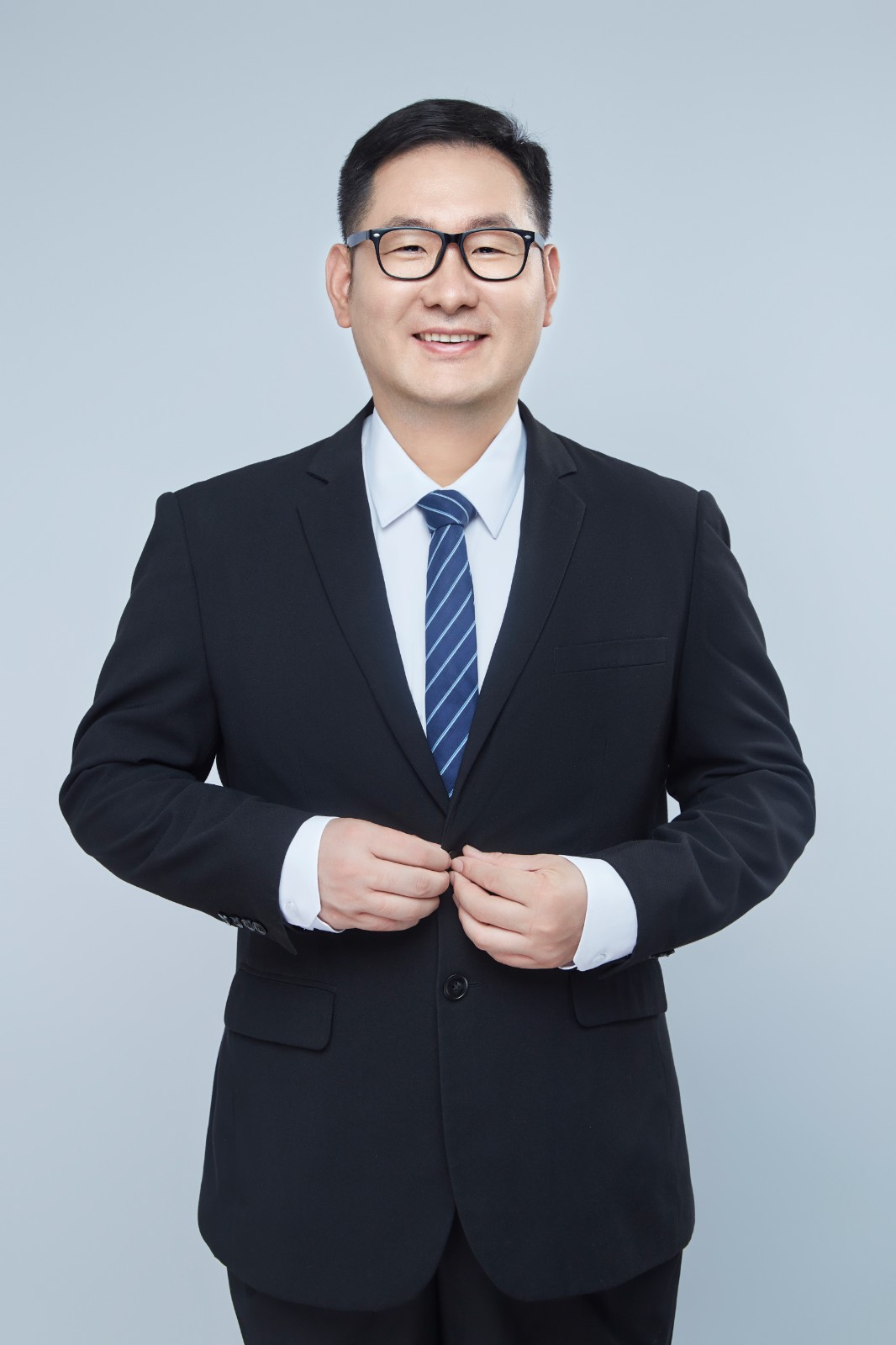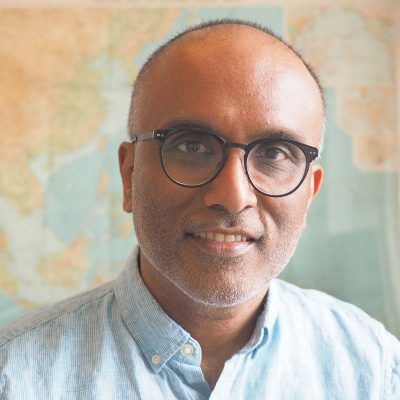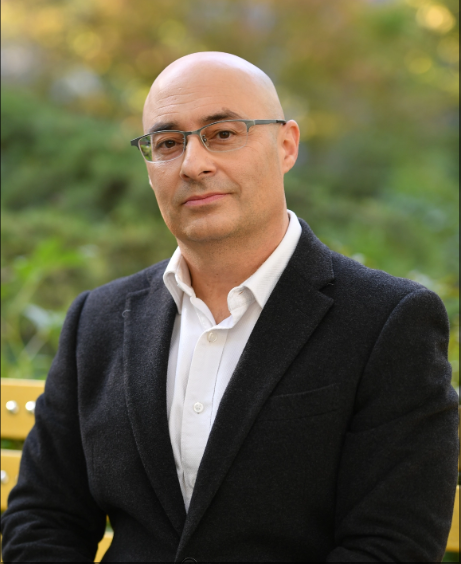
| Prof. Andrea L . BaldiniChangjiang Chair Professor School of Arts | Peking University, China
Research Area: Aesthetics, Philosophy, Ethics, Political Philosophy, Public Art, Visual Culture, Dialogical Art, New Genre Public Art, Art Theory, Civil Society and the Public Sphere Brief introduction: As the Changjiang Scholar Distinguished Professor at Peking University, I specialize in interdisciplinary research that spans aesthetics, cultural studies, intellectual property law, and visual culture. My focus is on how creativity can infuse political and social value into everyday practices, particularly through street art, graffiti, and public art.
I am the founding Editor-in-Chief of the East Asian Journal of Philosophy (EAJP) and hold two doctorates—one in Philosophy from Temple University and another in Text Sciences from the University of Siena. I have authored three monographs, including A Philosophy Guide to Street Art and the Law (Brill), and my work is widely published in leading journals such as Philosophy Compass, Contemporary Aesthetics, Estetika, The Journal of Aesthetics and Art Criticism, and The Journal of Visual Culture.
In addition to my own publications, I serve as a guest editor, scientific committee member, and sit on several editorial boards, including the Bloomsbury History of Modern Aesthetics series. Over the years, I have been recognized with multiple accolades, including the Top Paper in Urban Communication award from the National Communication Association (NCA) and the Nordev Prize from Temple University.
My career has taken me to various prestigious institutions, including roles as a Fulbright Fellow at Temple University, International Exchange Postdoctoral Fellow at the Institute for Advanced Studies of Nanjing University, and Visiting Scholar at both Padua University and CIEBA – School of Fine Arts at the University of Lisbon.
SpeechTitle: Copyright and Cultural Heritage: Balancing Protection and Accessibility in Ancient Chinese and Italian Art
Abstract: This paper examines the dual role of copyright in the preservation and dissemination of cultural heritage, focusing on ancient Chinese paintings and Italian masterpieces. While copyright laws aim to protect cultural artifacts, excessive regulation can hinder their accessibility and creative reinterpretation, risking their relevance in contemporary society. Drawing parallels between Italy's restrictive Cultural Heritage Code and potential challenges in China, the study highlights the economic and cultural drawbacks of overregulation, such as stifled innovation and reduced public engagement. Through case studies, including Italy's legal battles over iconic works like the Vitruvian Man, the paper argues for a balanced approach that prioritizes open access and creative engagement. The findings underscore the importance of treating cultural heritage as a public good, aligned with international frameworks like Article 27 of the Universal Declaration of Human Rights. The paper concludes with actionable recommendations: preserving accessibility, encouraging creative reuse, and educating stakeholders to foster a dynamic cultural dialogue. These insights aim to inform policymakers and cultural institutions on safeguarding heritage while ensuring its continued evolution and global appreciation. |




